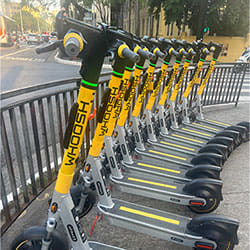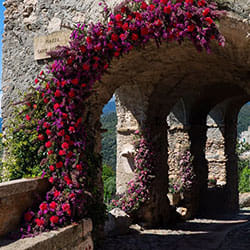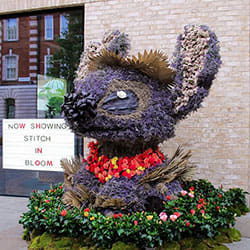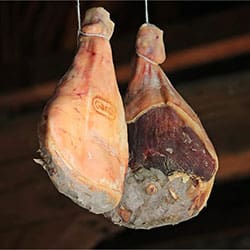The city of Ottawa, the capital of Canada, is certainly the city that has made the greatest effort to develop bilingualism in Canada, and most of its inhabitants are bilingual.
After living in Canada's capital city, I can tell you that Ottawa is a bilingual city, with Anglophones and Francophones living happily together. Many people are fluent in both languages and are able to switch from one to the other depending on who they are talking to. It is quite common for people to switch from French to English in the same conversation.
But in general, if you plan to come to Canada, you will have to get by in English.
Currently the percentage of the population able to speak both languages is quite low though compared to the overall population. While 35% of the French speakers from Québec speak English, only 7% of the English speakers outside Québec speak French.
In the United States, 10% of the population speaks two languages - not to mention the European Union where - according to a recent study by the Association for Canadian Studies - 60% of citizens can hold a conversation in a language other than the mother tongue and at least a third masters a third language as well.
French and English became the official languages thanks to the former prime minister Pierre Trudeau, a supporter of bilingualism, who wanted to have a French-speaking Quebec in the federation, but in reality, bilingualism has really developed in the federal government.
There are many complex reasons that justify the ambivalent attitude of Canadian people towards bilingualism and they include the growing importance of Asia in the global economy, especially in the Canadian West. A third of the population of British Columbia and Alberta think that learning Spanish and Mandarin Chinese may offer better trading opportunities as a second language than learning French.
Moreover, the difficulties of Canadian bilingualism can also be associated with the federal legislation.
Although the study of a second language should be accepted as a significant contribution with global advantages and a step towards overcoming cultural conflicts, few are the attempts to teach both languages at school.
Most Canadians receive general knowledge of a second language, but many later lose the opportunity to use it. By creating more opportunities and incentives to speak French, this trend could be reversed.
But truth is that bilingual workers are now better paid, especially in Québec and in the public sector, where they are needed and sough after.
The ability to speak French and English (as well as Spanish and Mandarin Chinese) should be seen as a source of pride and as an investment in the future that will bring advantages in the life of an individual.
Canadians who are born in a bilingual family should consider it a blessing and not a curse, and all Canadians should be proud to live in a country where two of the most important languages in the world are spoken.
It is in fact a bit weird that, in a country so open to immigration and cultural diversity (as I widely wrote about it in my last blog), bilingualism is still far from being a reality, although all government services, signs and laws are provided in two languages (or more at times).































































